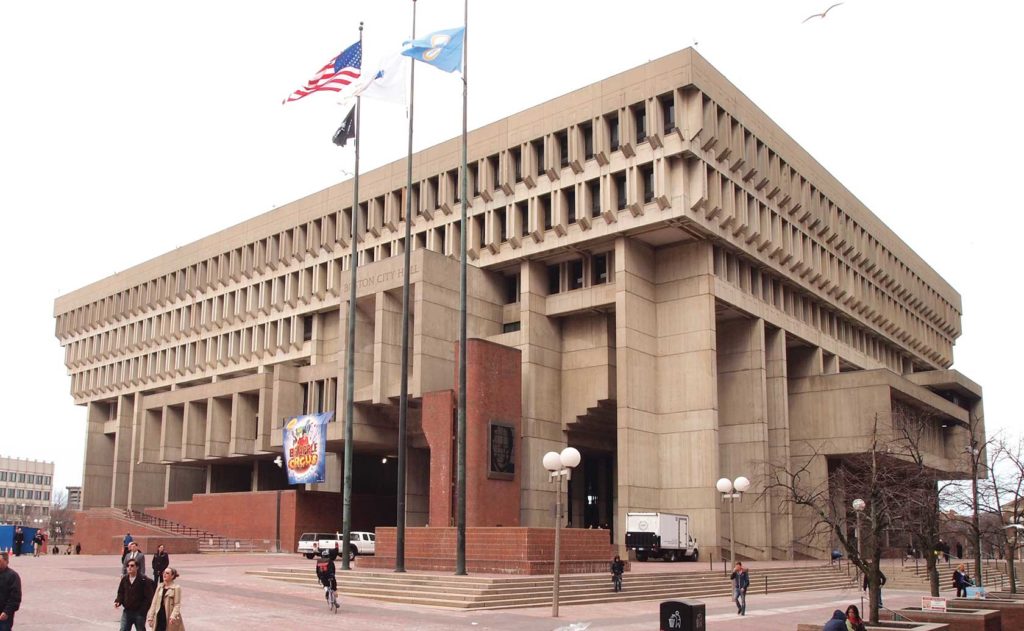
During last week’s City Council meeting, Councilor Julia Mejia introduced an ordinance calling for the creation of a commission to look into reparations for Black Bostonians facing repercussions of the city’s involvement with slavery, redlining and other forms of discrimination.
Co-sponsored by Councilors Tania Fernandez Anderson and Brian Worrell, Mejia told the council, gathered via Zoom, that the ordinance would establish a committee “with the goal of defining reparations as it relates to the Boston community and collecting data and documents of historical harms and inequities experienced by African Americans in Boston.”
Mejia said the committee would be responsible for developing a report with specific reparations proposals to “address historic inequities resulting from structures and policies which have produced harm.”
She said, “For almost 400 years the history of Black Boston has been marked by segregation and injustice.”
The councilor spoke about how segregation and redlining have led to racial inequity and cited the often-repeated statistic from the Federal Reserve Bank of Boston that the average net worth of a Black family in the city is just $8.
“From the Massachusetts constitutional end to slavery in 1783 to 1865, the city of Boston and its residents continued to benefit and remain complicit in supporting and financing systemic relationships to an institutionalized system of slavery,” Mejia said Wednesday, invoking policies like the federal Fugitive Slave Act that kept the Bay State entangled in the slave trade.
The introduction of the new push for reparations comes on the heels of the death of one of its biggest proponents in Boston, Bill Owens, the first Black Senator in Massachusetts. Owens, who died in January, fought for reparations throughout the 1980s.
“We have an obligation to pick up where he left off,” Mejia told her colleagues.
Joining those calling for reparative justice are two co-authors of the ordinance brought on from outside the council. Yvette Modestin, founder and executive director of Encuentro Diaspora Afro, and Jemadari Kamara, chair of the African studies department at UMass Boston, have both contributed language and advice.
Modestin said in a statement, “This is about Black liberation. Honoring those whose shoulders we stand on and planning for those who will come after us. The self determination of the Black Boston community to define for ourselves what reparative justice looks like is crucial … I look forward to the work ahead.”
Dubbed a “community effort” by Mejia, the commission, ifestablished, will be comprised of 15 members — five that will represent Black advocacy organizations and 10 that will be joint mayoral/council picks. Those who are appointed will be compensated up to $50,000 a year, though that detail still hangs in the balance.
Groups such as the NAACP, King Boston and the New Democracy Coalition will be included as the ordinance moves forward.
During the council meeting, Councilors Liz Breadon, Ruthzee Louijeune, Kendra Lara, Ricardo Arroyo, Kenzie Bok and President Ed Flynn all signed on to the measure. It will now be referred to the Committee on Government Operations, where details will be debated and worked out before returning to the full council. Mejia told the Boston Globe that she hopes the measure will be up for a vote by June.






